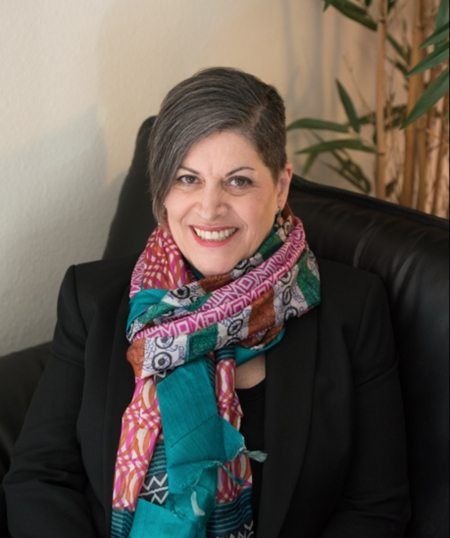Unhealthy Views about Sex: Where Do They Come From?
Our relationship with sex is a complex thing built from thousands of experiences throughout our lives, but when some of these experiences are far from ideal, it can result in some pretty unhealthy ideas and beliefs around sex. Unearthing the root of these issues can be difficult, but with the right knowledge, it can be done!
A Child’s First Teacher
Now, we all know (and fear) that we’ll turn out more like our parents than we would like, and this goes for everything from how we carry ourselves to our views and opinions about sex.
Parents are, in most cases, our first example of how relationships, especially with different genders, work. The way our parents interacted and communicated with each other as we were growing up acts as a blueprint for our own adult lives. If intimacy and affection were never outwardly shown by your parents or even your grandparents, it’s hard to know what it looks like.
Often those who grew up in a warm, openly affectionate family replicate those experiences in adult life, while those who grew up in a cold, distanced household are again more likely to replicate those experiences in adult life.
A big problem in most families is that relationships and sex are rarely if ever, spoken about openly - leaving a young, developing child to come up with their own conclusions.
Religious Beliefs, Background & Culture
Whether you grew up with a religious background or not, it’s almost impossible to deny the long-lasting effect that religions like Christianity, Islam, Buddhism, and Hinduism can have on sexual views and experiences.
From a young age, we are subjected to the opinion that sex is an incredibly special - but at the same time incredibly shameful - act that should be saved for someone you love with any deviation from this path considered morally wrong.
The shame and stigma that comes with not following the norm - think sexual orientation, polyamory, gender fluidity - is often a direct result of what we were taught (or not taught) about sexuality as we were growing up. The lack of sexual education in schools, especially those of a more religious nature, only adds to the fundamental misunderstanding of sex that sees so many of us holding unhealthy and destructive views about it.
Like religion, the culture in which we are brought up plays a crucial role in how we conceptualize sex.
For example, in cultures where strong misogynistic views are held, women are seen as child-bearers and not as individuals with their own sexual feelings or needs - a toxic belief system can lead to a fundamental lack of respect between male and female counterparts.
Sex sells.
Access to sexually explicit material is easier than ever before, and I don’t just mean through pornography sites and images.
As human beings, we are hardwired to notice and respond to sexualized information with the media using this to their advantage to sell anything from perfume to a top of the range car. This seems innocent enough, but when the sexualization begins to get out of control, it can cause problems.
Constantly being subjected to images of a sexualized nature - in movies, on social media, etc.- can lead us to hold some pretty unhealthy views about sex and relationships. Maybe you’re watching a sex-filled film and thinking, “Does everyone have this much sex but me?” or perhaps all of those images on social media have made you feel insecure and unworthy of fulfilling your own sexual needs. Not to mention the devastating role that pornography can have on our society, creating poor, unrealistic expectations and often reinforcing an unhealthy power dynamic between males and females.
It can be hard to pinpoint precisely where an unhealthy view of sex originated from in someone’s life. In my course: Foundations of Sexual Identity--The Sexological Ecosystem, we delve into just how much of an effect family, religion, and culture can have on an individual’s sex life so that you have the knowledge and understanding to help and guide your clients.
Subscribe to my newsletter and receive your free guide, “Assessing Sexual Issues”. 
Subscribe
Thank you!
Expect news of future blog posts and other free content plus announcements of new courses and programs.
We never sell your information, promise.
Expect news of future blog posts and other free content plus announcements of new courses and programs.
We never sell your information, promise.
